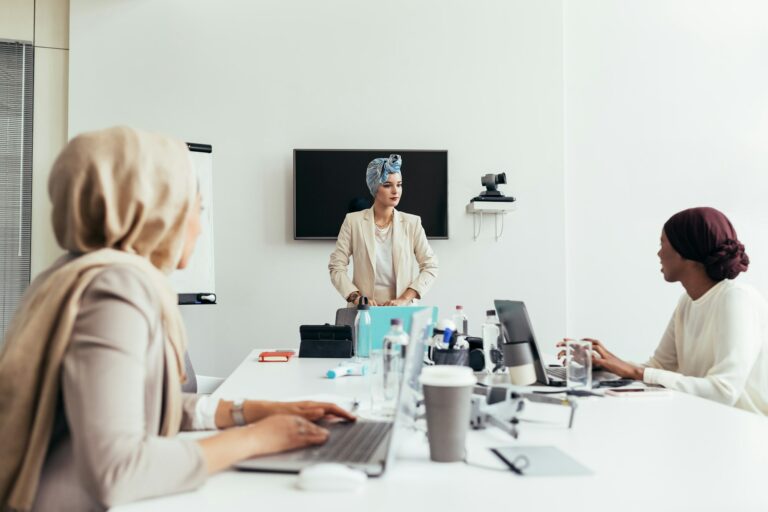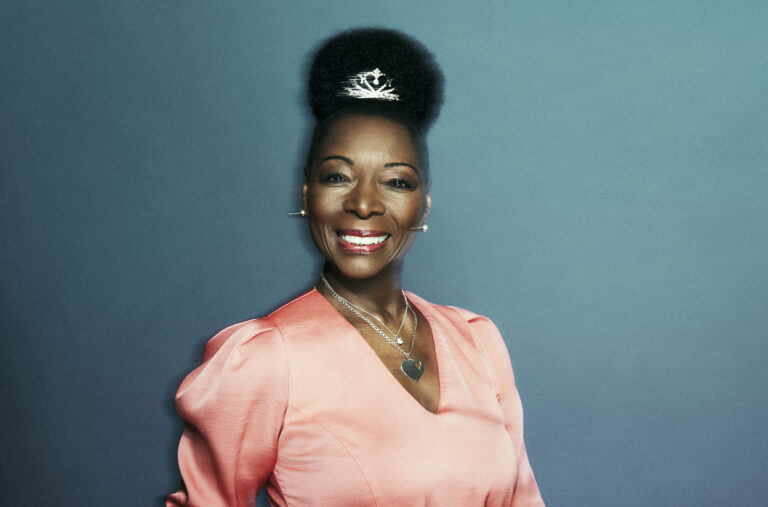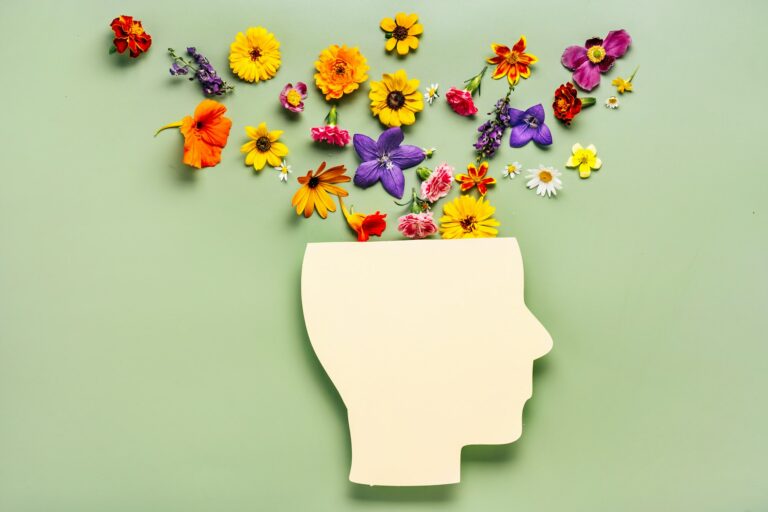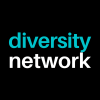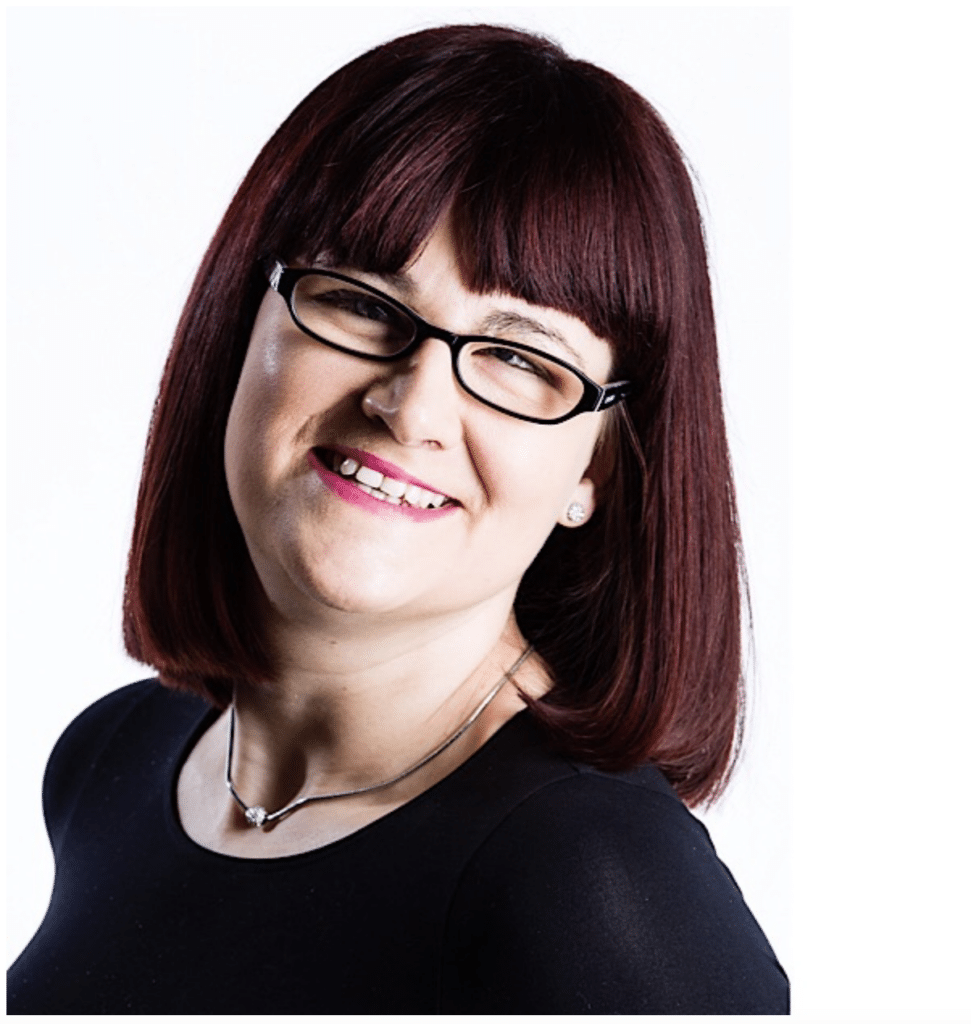
Corie Brown is an announcer for Channel 4 and the former co-Chair of network resource group 4Purple, which helped Channel 4 become the industry’s leading media organisation for disability advocacy.
Although you may not recognise Corie’s face, her voice will be familiar as the introducer of our favourite television programmes. “I’m still taken aback when I hear my voice on television,” she says.
Having wanted to work in broadcasting since she was 11 years old, Corie got her first break in local radio before moving to the BBC and then on to Channel 4. However, it took a decade in the workplace before Corie realised there was help available for her severe sight impairment. Here, she shares how the industry has changed in her lifetime – and the contribution she has made in making it more inclusive.
Q You have been working in media since the mid 90s.Was it any more difficult for you to enter such a competitive industry compared with than others?
A “I didn’t have a sense it was harder for me. When I was 11, I realised people were being paid money to talk and play records and from then on being on the radio was all I wanted to do.
“I had been taught to touch type when we realised that writing long-form wasn’t going to work for me, so I got a job in the holidays at the local radio station, helping the station manager’s assistant. Then I chose a university that had a really active student radio station and built up my experience just like everyone else.
“My first job as a graduate – not being able to drive a car – was as a radio traffic presenter. After 18 months, some of my university radio friends who were working at the BBC told me they were looking for TV announcers. I didn’t really take it seriously because there were about 5,000 people applying, but I think that helped me at my interview because I wasn’t so nervous and instead I had a genuine chat with the hefty hiring board.
“At first I didn’t want to work at the BBC because it seemed so big and I thought I’d never get to know anyone. But when I was invited back for a second interview and I met some of the same people, everything seemed more familiar and I suddenly really wanted to work there.
“I was lucky to be taken on and I suppose I did walk around for six months with a bit of imposter syndrome, wondering whether I had got there because I ticked a box. But over time, particularly when Channel 4 hired me, I realised I can’t just be there because it makes the stats look good.”
Q Did you mention your disability at interview? Did you ask for any help such as assistive software when you began work?
A “I can’t even remember if I put on the interview application form that I had a vision impairment. These things are meant to be confidential but you’re never quite sure. The only thing I asked for at the BBC was to have the microphone arm in a particular place because I needed to have the script positioned where I could read it more easily.
“At Channel 4 it took me seven years before I realised I could ask my workplace to provide assistive technology. I’m not quite sure how I went through my career for so long without knowing about Access to Work. I was so used to putting my own adjustments in place to fit in because I didn’t want the vision thing to be the thing that people judged me by. As soon as you say the word ‘disability’, the idea is that somehow you are lacking or delivering less which isn’t helpful. I did everything I could to compensate for it by finding my own ways of working, using my own software to write scripts and my own assistive technology that I’d been using since university. I was ahead of my time in the nineties sitting in lectures with a laptop!
“When I first discovered Access to Work it was quite liberating because I was suddenly being provided with kit that I could use on one device and work more efficiently. But what was liberating was that I was in a position that I could be a bit more vocal about what I needed. There is real strength in being able to ask for a bit help but when I was younger, I thought asking for help was weak. In fact, it is empowering – not just for me but for the people I am asking.”
Q You are the former co-chair of 4Purple, Channel 4’s employee resource group. Were you involved with setting it up? How has it helped with inclusion at the broadcaster?
A “It all followed on from around the time when I had my own adjustments put into place. Channel 4 got the rights for the first time to show the Paralympics at London 2012, which was an amazing time to be working there. It’s difficult to explain what a fabulous feeling it was to be part of the broadcaster that was bringing the Paralympics to the host nation.
“I began to get the sense that I was one of the few people inside the business who had a lived experience of disability and that I had a responsibility to be adversarial and vocal about it.
“Then a growing number of people began talking about the inside of the organisation – were we reflecting internally what Channel 4 was doing externally? I started to be seen as someone who had quite a lot to say. Then we covered the 2016 Olympic Games in Rio, and it was around that time that Channel 4 started making lots of important commitments to diversity and inclusion – 2016 was Channel 4’s Year of Disability. There was a specialist, Graeme Whippy, who came in to focus on inclusive recruitment and onboarding. Through him, we had a conversation about Purple Light Up [the disability network hub PurpleSpace’s global initiative to light up well-known buildings to recognise the economic contribution of disabled people to society]. We realised that six voices were louder than one and began thinking about starting a network, like others which were currently running at Channel 4. In May 2018 we became an employee resource group with a legitimate voice in the business to hold Channel 4 to account. The CEO signed up to the Valuable 500 in 2019 and Channel 4 retained its status as a Disability Confident Leader which we first achieved in 2017. We are now held up as an industry leader.
“It’s great to have the badges but it’s all about the work that’s going on in the business. A lot changed while I was co-chair and we now have a diversity and inclusion team at Channel 4, including a Disability Workplace Lead. There is also now someone in the business who is accountable for access service provision for our viewers who use signing, subtitling and audio description. And in Commissioning, there’s a team which focuses on diversity, including disabled representation on and off screen.
“What is really sad, is that only about four per cent of businesses talk about disability when it comes to their inclusion stats.
“The network has three pillars: Enabling everyone at Channel 4 to be more confident about disability; business accountability; and engaging with people outside the organisation to accelerate change.
“It’s brilliant that people are thinking about disability when they are planning for the year at Channel 4. Diversity and inclusion isn’t something you justs fix once and tick off the list – it takes constant effort and drive – but we now have a really solid base accountability, and that makes me hopeful for the future.”
Q You have said that the only way to accelerate progress is to have more people with lived experiences talking about inclusion. Can you tell us more about this?
A “It’s really important that every business has a culture that means people are comfortable having conversations about what can be done better. The more people are given the opportunity to share their lived experience, the more we are likely to accelerate change.
“We still don’t have enough senior leaders with lived experience of disability and until we have more people at the top tables who instinctively understand, the pace of change will remain slow.
“Channel 4 has always been about providing content for everyone, which is an inclusive approach. I feel proud that it is the kind of organisation that can adapt quickly.
“I certainly sense there is a growing appetite to understand accessibility – everything from digital content to internal communications. We won’t fix it overnight but more people are wanting to be part of the conversation… Onwards!”
[Picture credit: Microsoft]
.

